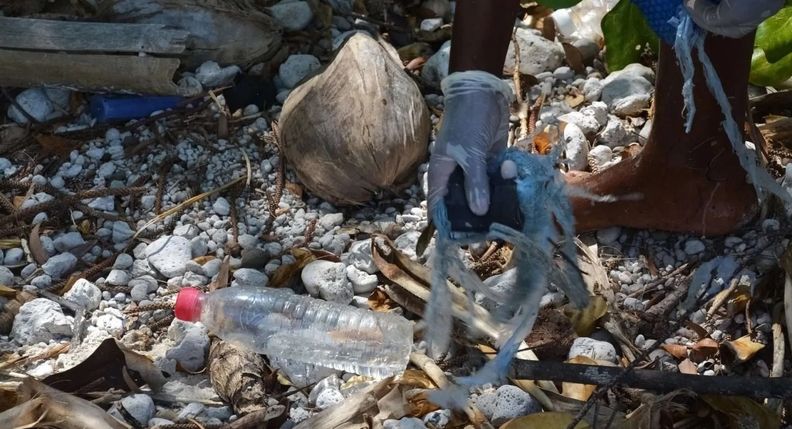There is currently no global standard for plastic credits, but the market is growing steadily. Now, the World Bank has issued a seven-year $100 million bond whose financial returns are linked to plastic waste collection and recycling credits, as well as carbon credits.
The principal-protected bond, which the World Bank described as ‘ground-breaking’, will mobilise private capital to support the financing of two projects in Ghana and Indonesia that aim to reduce and recycle plastic waste in vulnerable communities. The projects are managed by Plastic Collective UK. The association said a core objective of the projects is to improve informal waste collector’s livelihoods.
Through the transaction, investors are providing approximately $14 million in up-front financing required by the projects to increase capacity at existing facilities, expand to new collection and recycling sites, and install food-grade recycling equipment.
In return, the investors will receive annual coupons composed of a fixed amount plus payments linked to the sale of a portion of the plastic and carbon credits produced by the projects.
“The innovative use of plastic credits in this transaction introduces an entirely new way of financing plastic collection and recycling operations as well as preventing plastic waste from leaking into the ocean,” the World Bank said in a statement.
The projects’ outcomes will be measured by the generation of plastic and carbon credits issued on the Verra Registry.
“This outcome bond allows fixed income investors to support development projects that would otherwise struggle to secure financing,” said Philip Brown, global head of sustainable debt capital markets at Citi, a bank managing the transaction. “We’re also responding to investor appetite for transactions with direct and quantifiable development impact.”
Source: sustainableplastics.com







